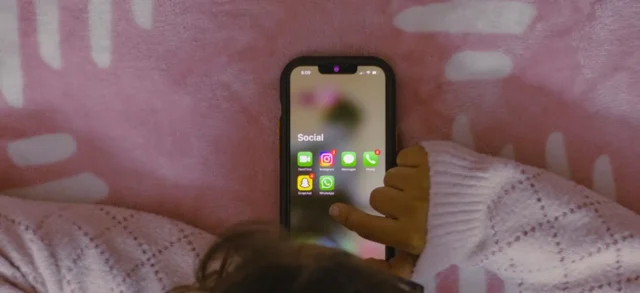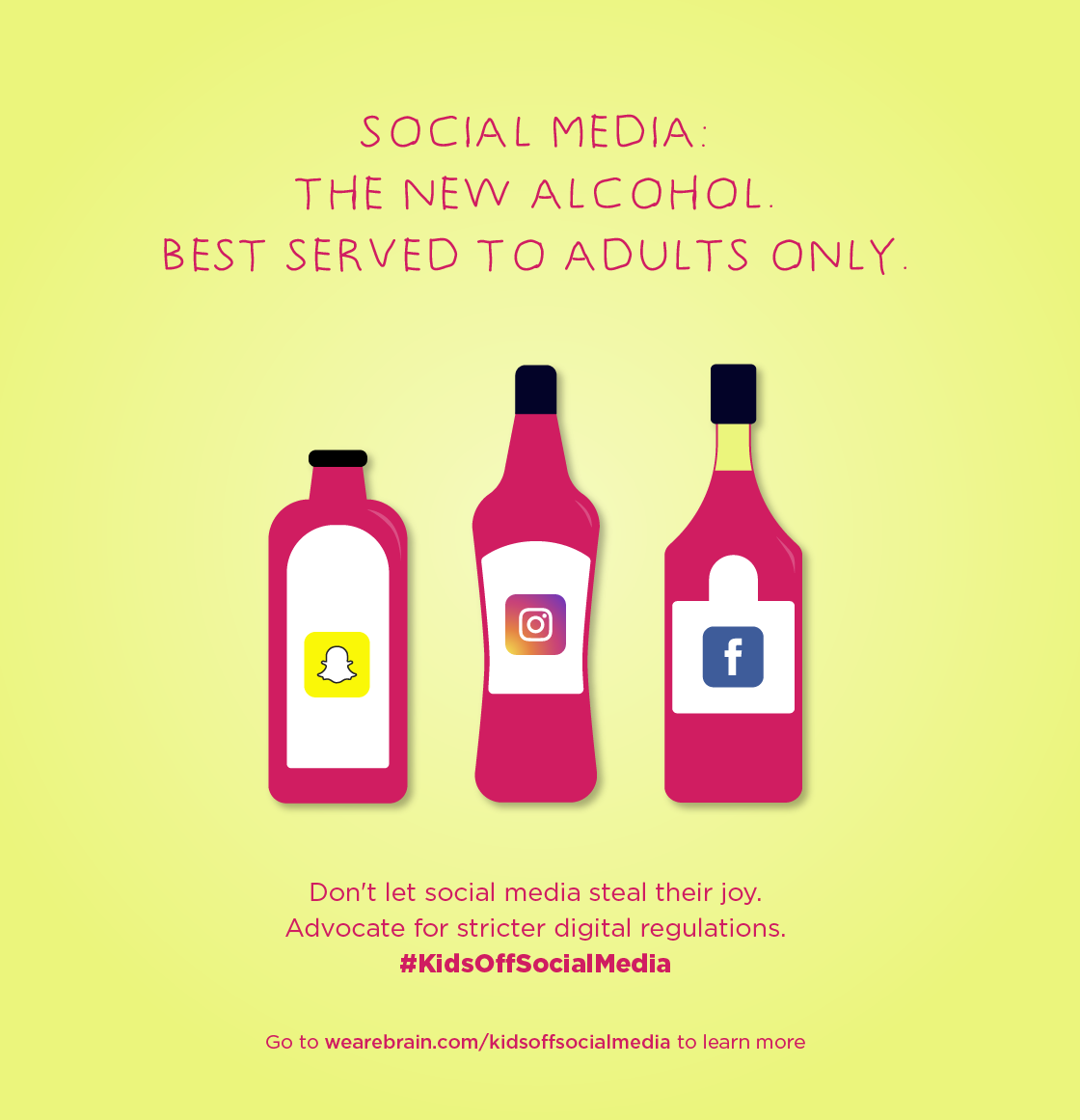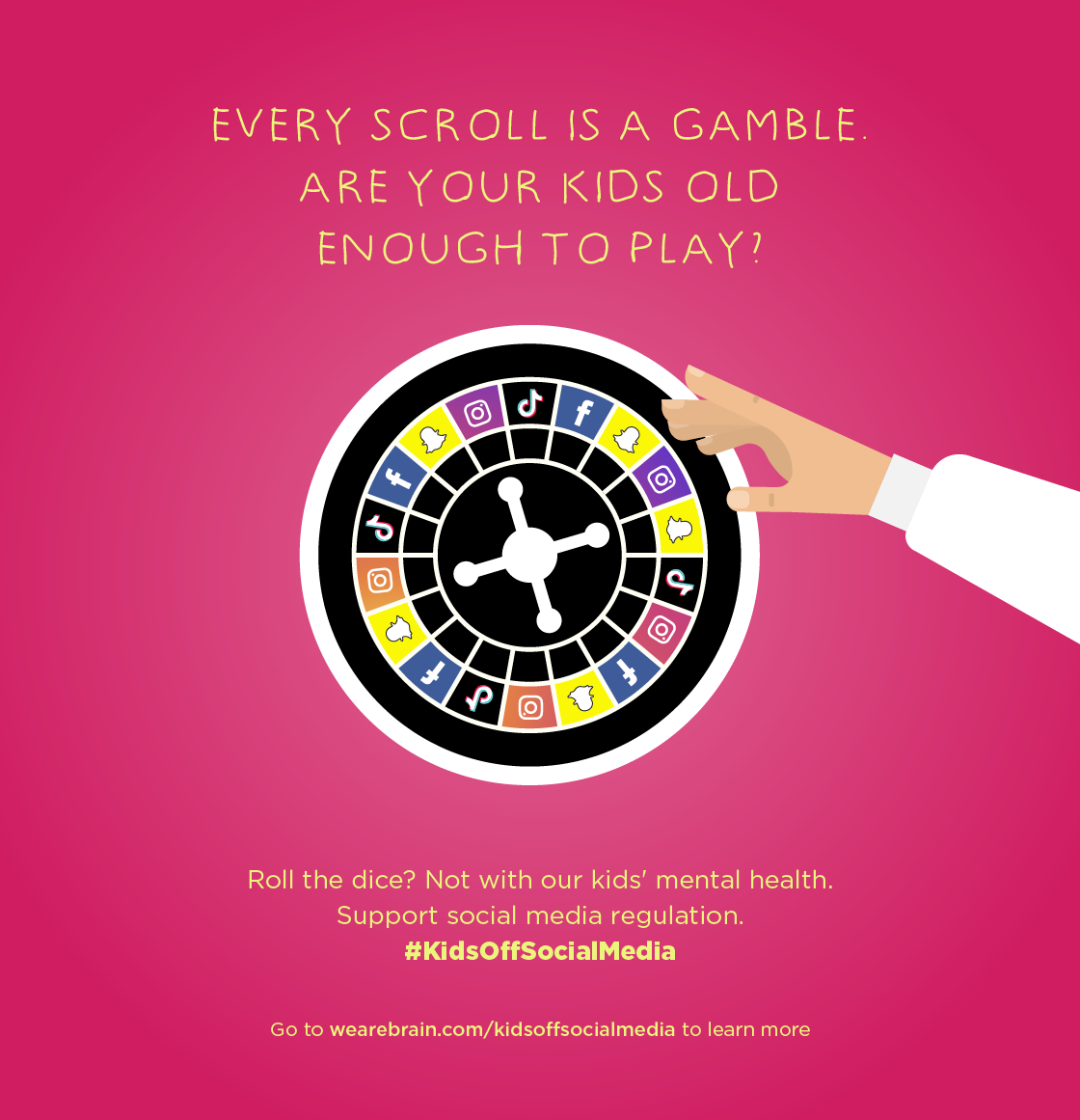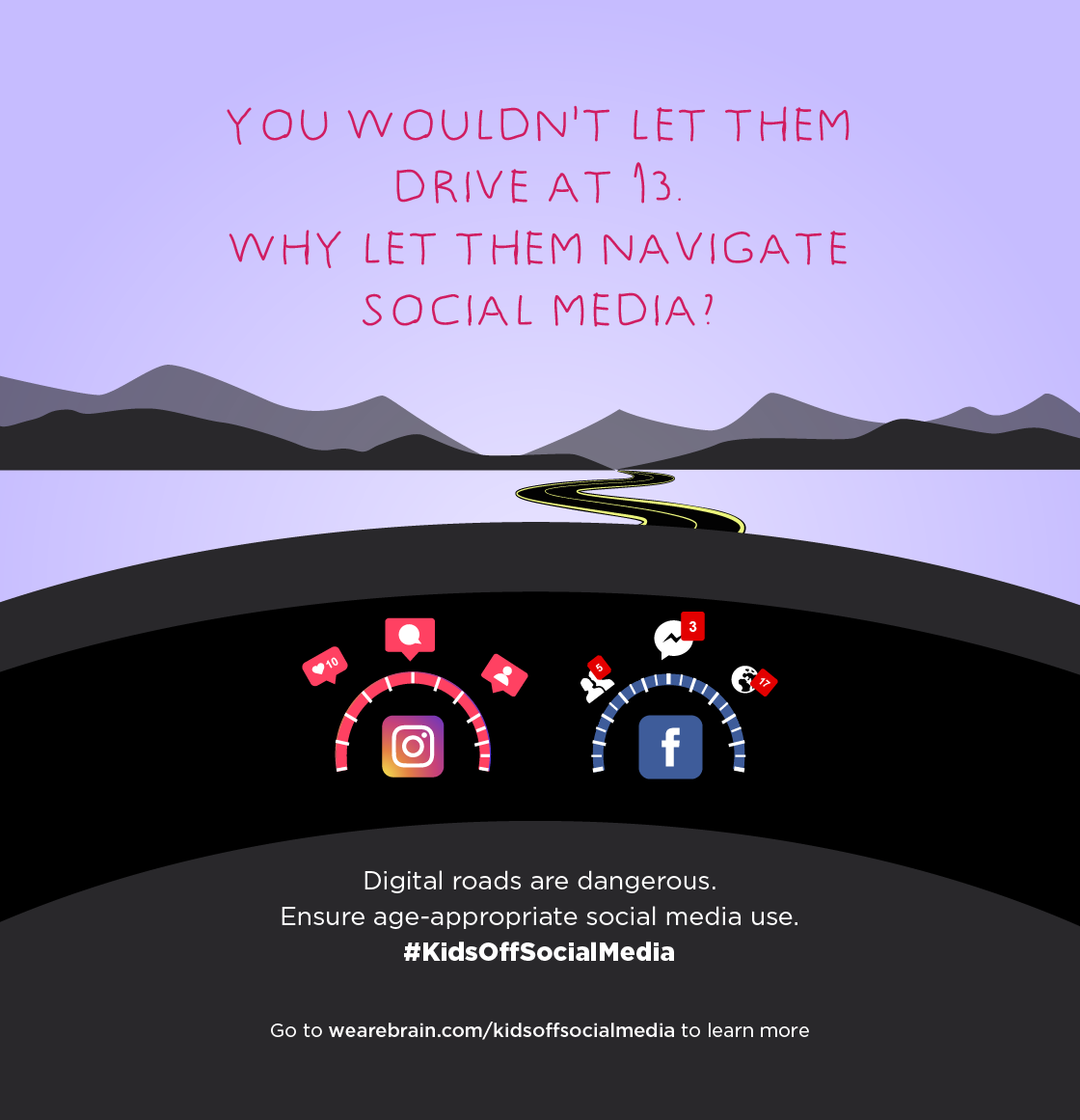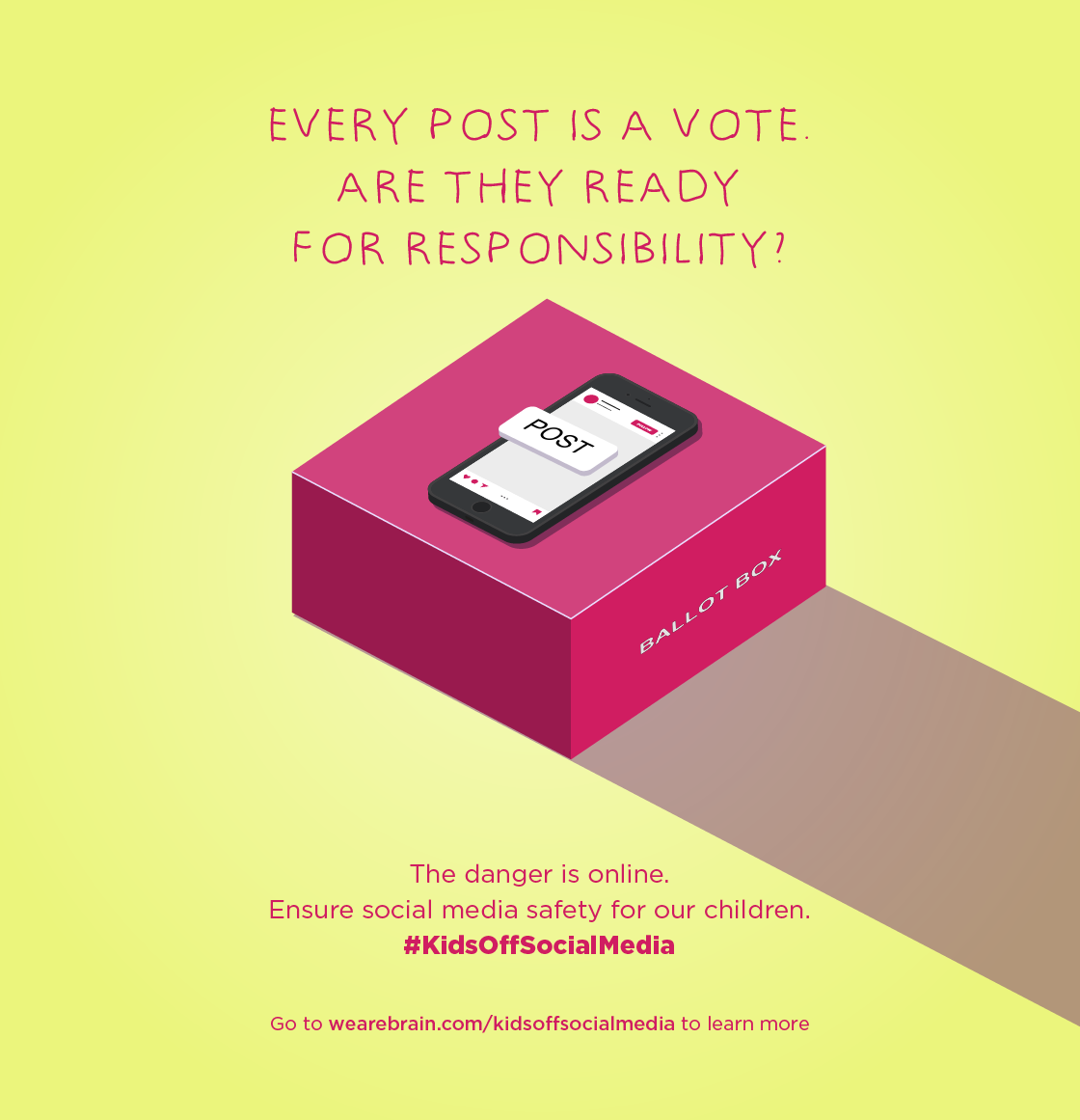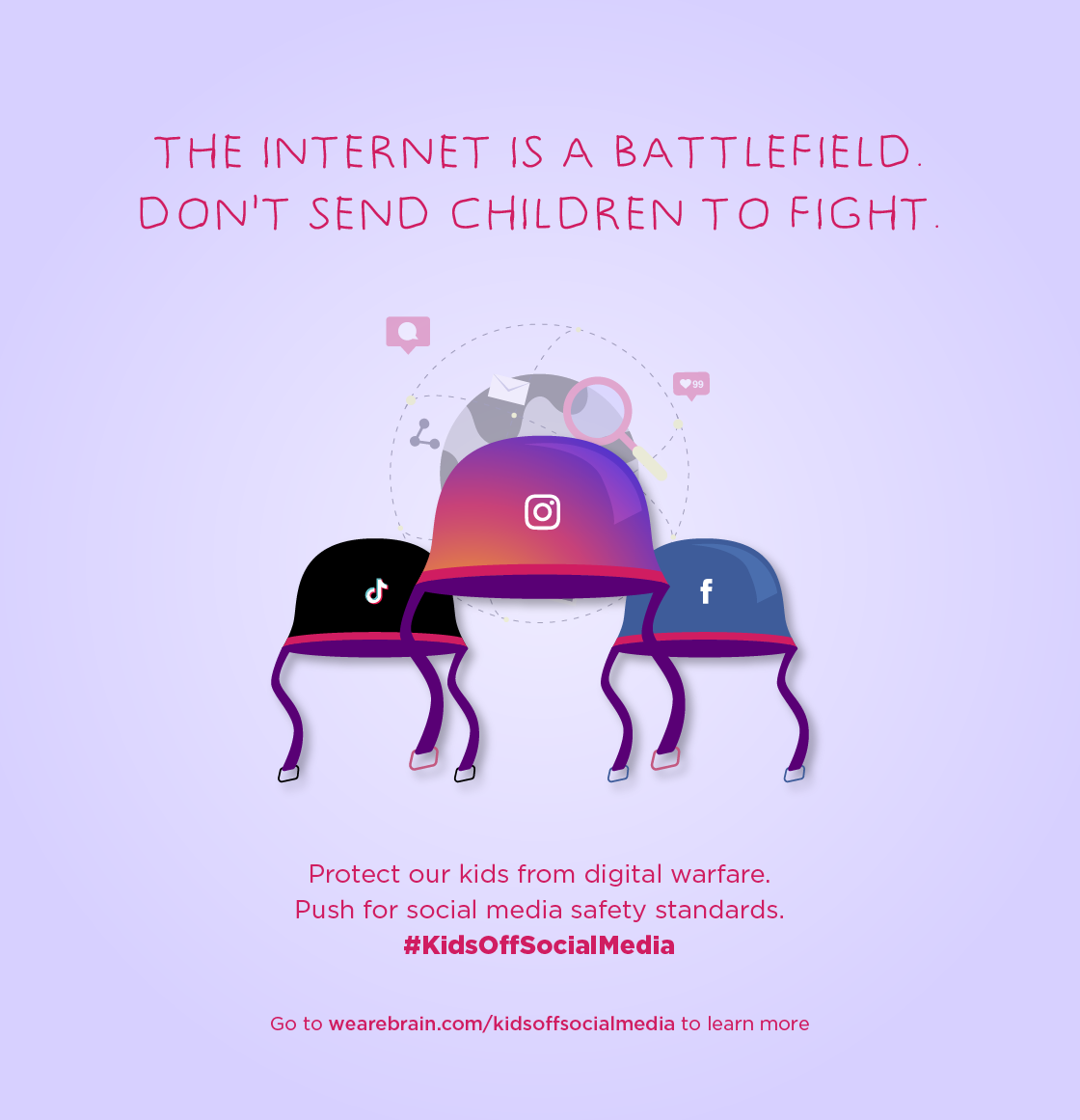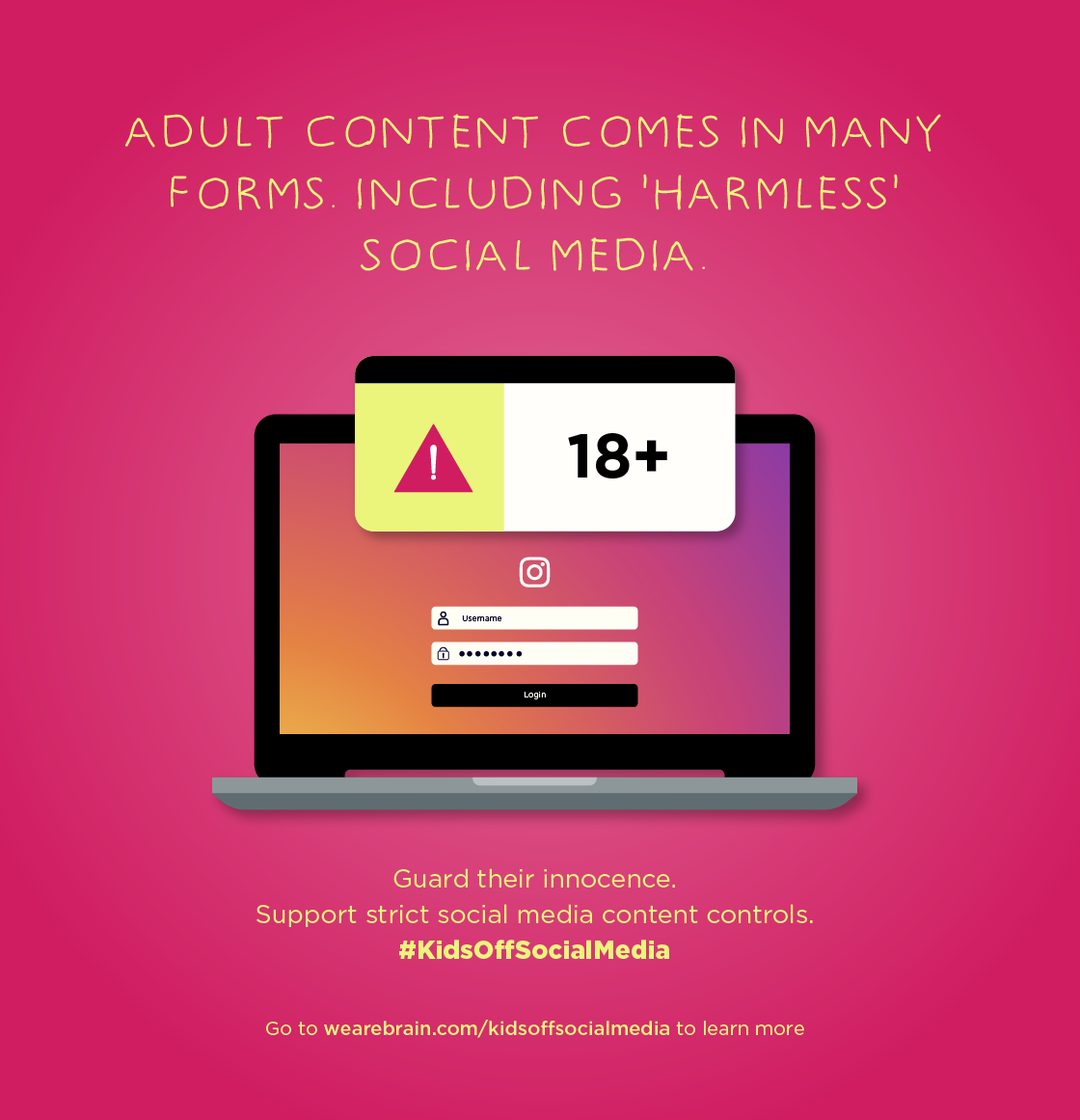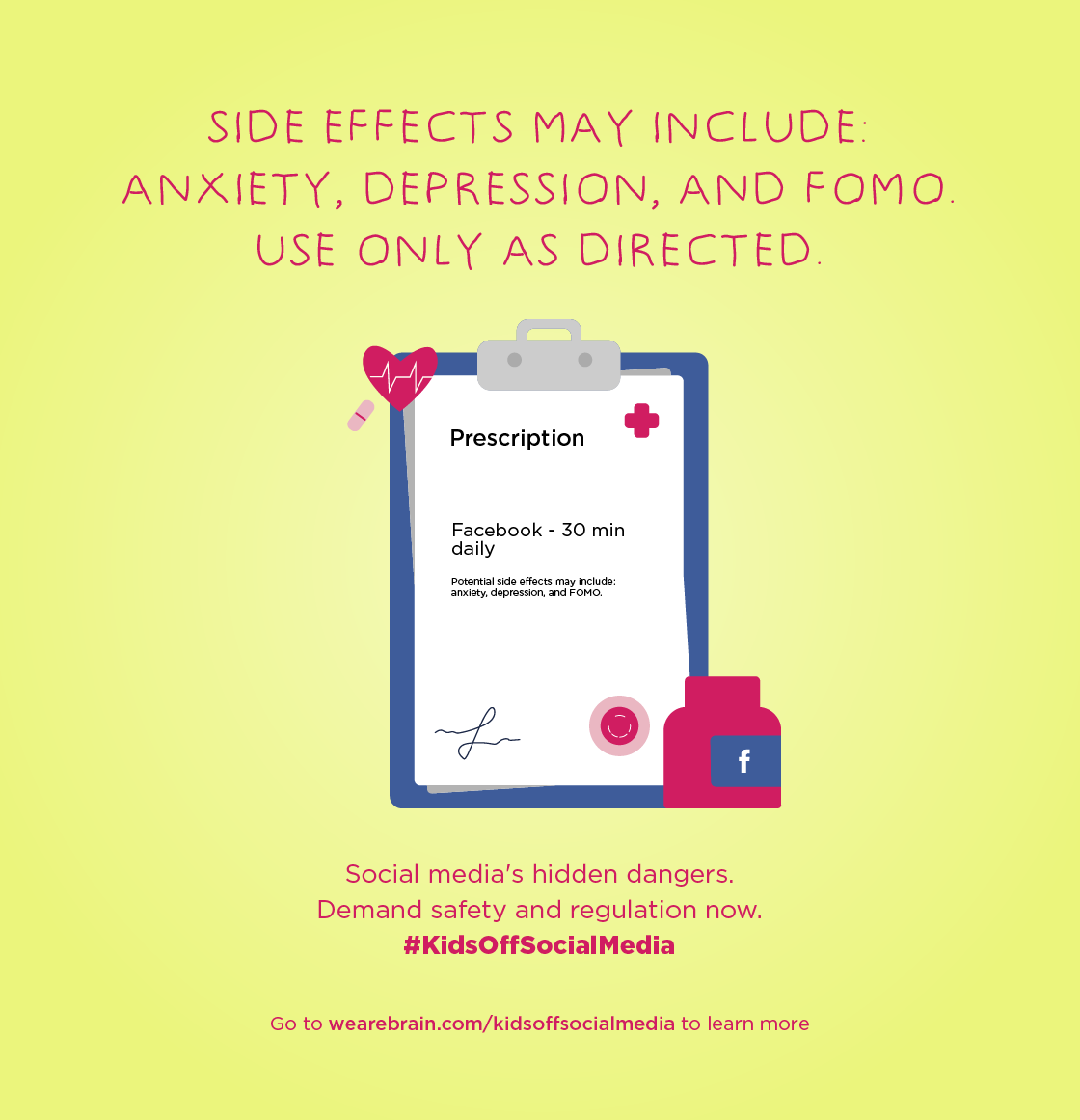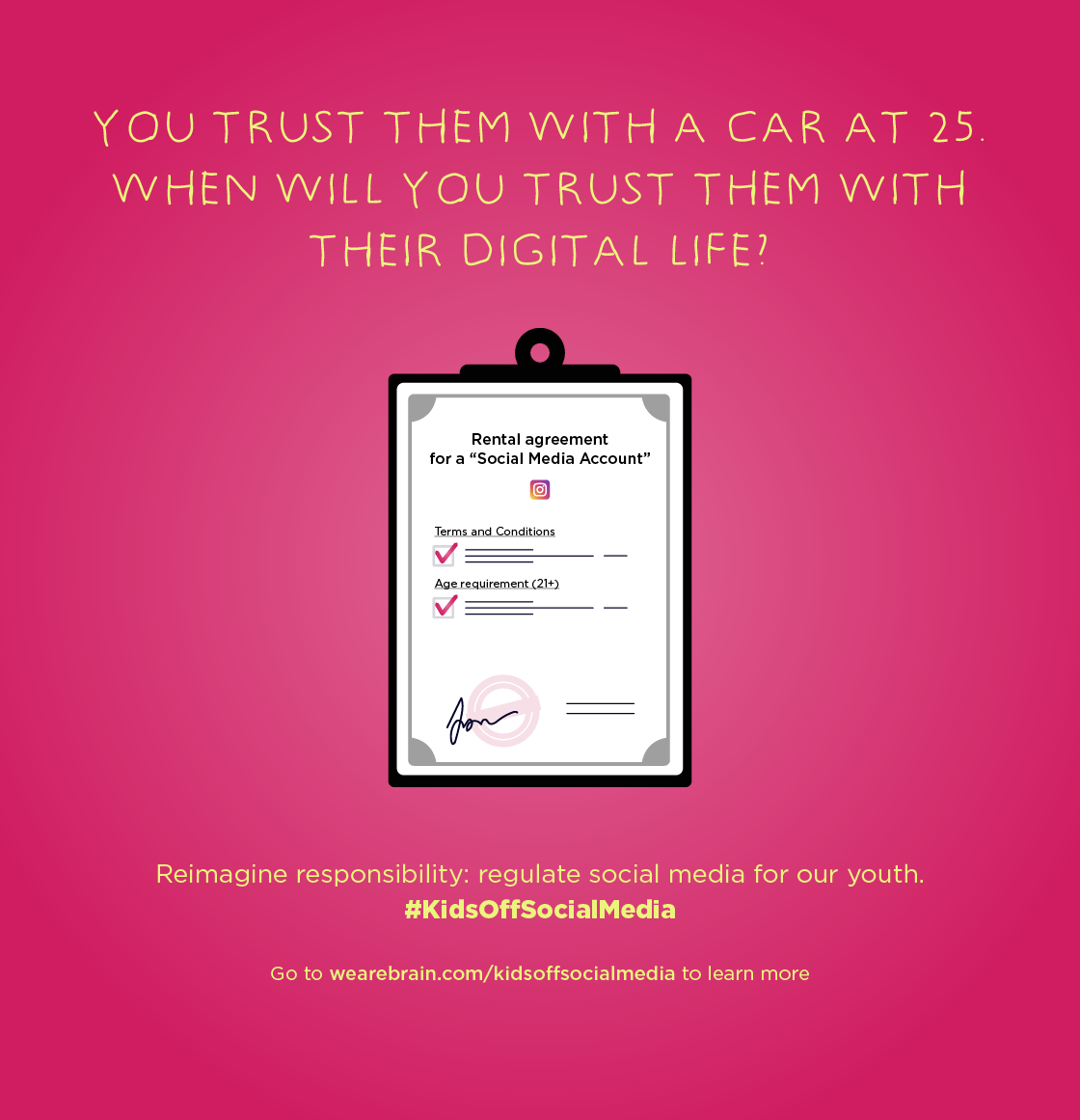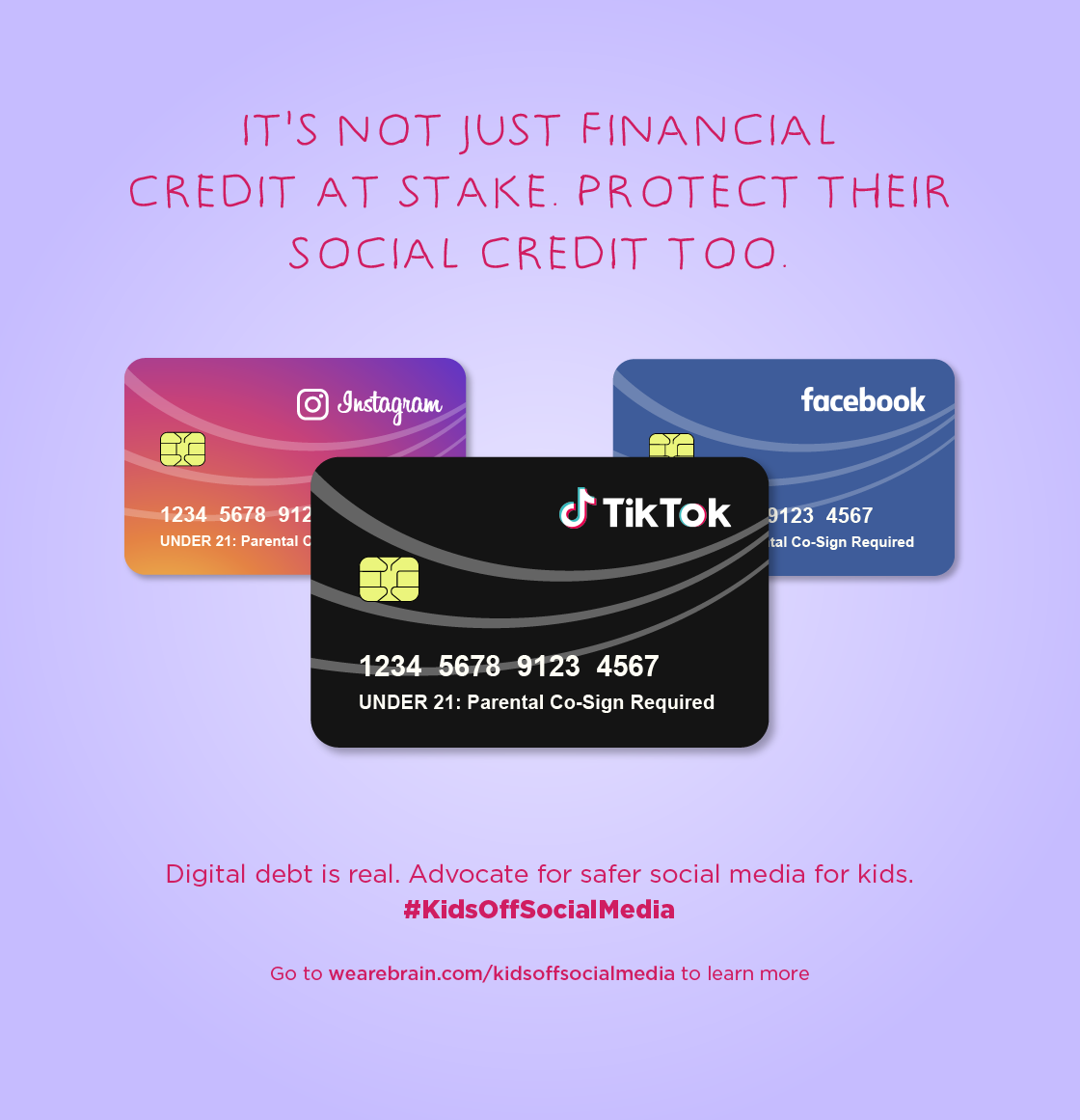Rising concerns
Recent studies highlight a troubling rise in mental health issues among children and teens, with increased suicide attempts and depression linked to social media usage. Although definitive proof is lacking, the correlation is too significant to ignore.
Unhealthy effects of social media on teens
Social media can negatively impact teens in several ways:
- Cyberbullying: Teens may face harassment and emotional distress online due to the anonymity and ease of communication on social media platforms.
- Addiction and screen time: Excessive social media use can lead to addictive behaviors, resulting in disrupted sleep and negatively affecting both physical and mental health.
- Mental health: Constant exposure to unrealistic images and standards on social media can cause anxiety, depression, and low self-esteem in teens.
- Privacy concerns: Teens may not fully understand the risks of sharing personal information online, leading to potential exploitation or data breaches.
Our statement
It’s time to rethink how we allow our children to interact with social media. The potential harms are becoming too apparent to be ignored.
We urge policy makers, corporate leaders, and influencers to join us in creating a safer, more regulated digital environment for our children.
Our campaign uses irony and sarcasm to highlight the absurdity of current lax regulations and provoke thought and discussion on real solutions.
Who is this for?
We created this initiative to serve as a comprehensive resource for parents, educators, and concerned individuals.
Here, you can:
- Access reliable information and statistics about the impact of social media on children’s mental health.
- Explore statements from leading experts and organisations calling for stricter regulations.
- Conduct your own research to make informed decisions about your child’s social media usage.
Our goal is to inspire critical thinking and drive action towards a safer digital world for our children.
See our extensive library, where you’ll find 🔗:
- Detailed research papers and scholarly articles on the impact of social media on youth.
- News articles and reports.
- Insights from psychologists, sociologists, and digital experts on creating a safer online environment.
Studies on social media’s
effects on kids
Academic journals
(scholarly articles)
News articles
and reports
Non-profit
organisations
Join us to make a difference!
By raising awareness and demanding action, we can protect our children from the unseen dangers of social media. Explore, share, and engage with our campaign on social media to help drive meaningful change.
